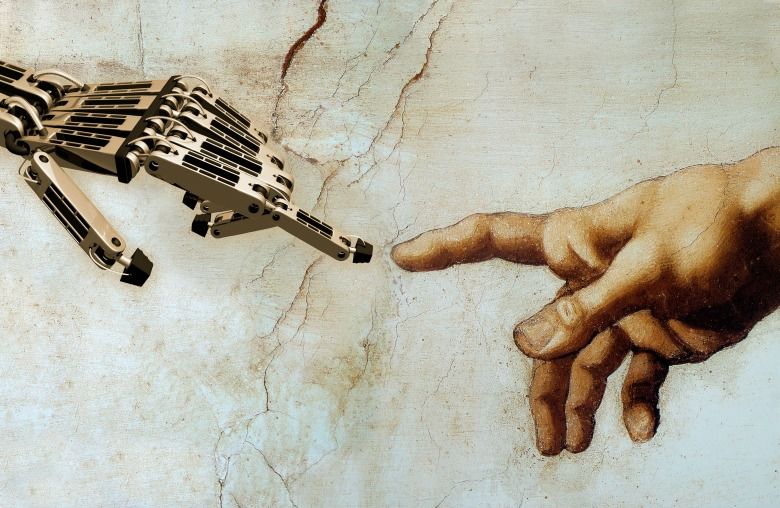Sep 7, 2017
Should We be Cautious about Envisioning Dystopias?
Posted by Johnny Boston in categories: entertainment, ethics, existential risks, futurism, human trajectories, media & arts, philosophy, transhumanism
How will our relationship to technology evolve in the future? Will we regard it as something apart from ourselves, part of ourselves, or as a new area of evolution? In this new video from the Galactic Public Archives, Futurist Gray Scott explains that we are a part of a technological cosmos. Do you agree with Scott that technology is built into the universe, waiting to be discovered?

















